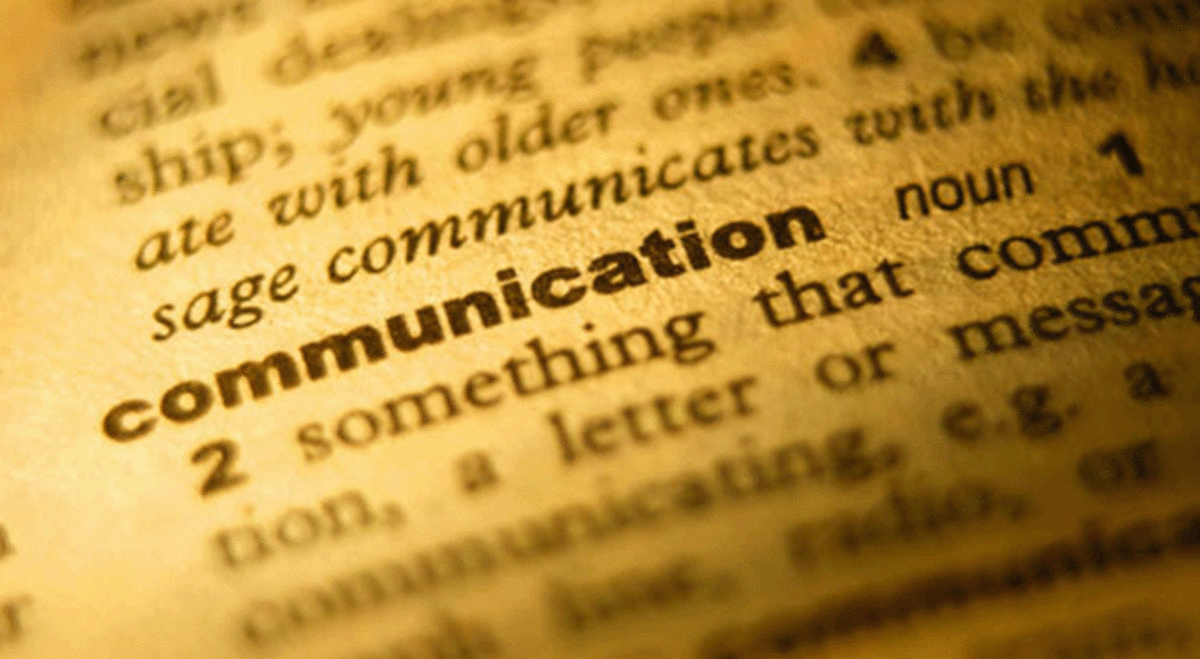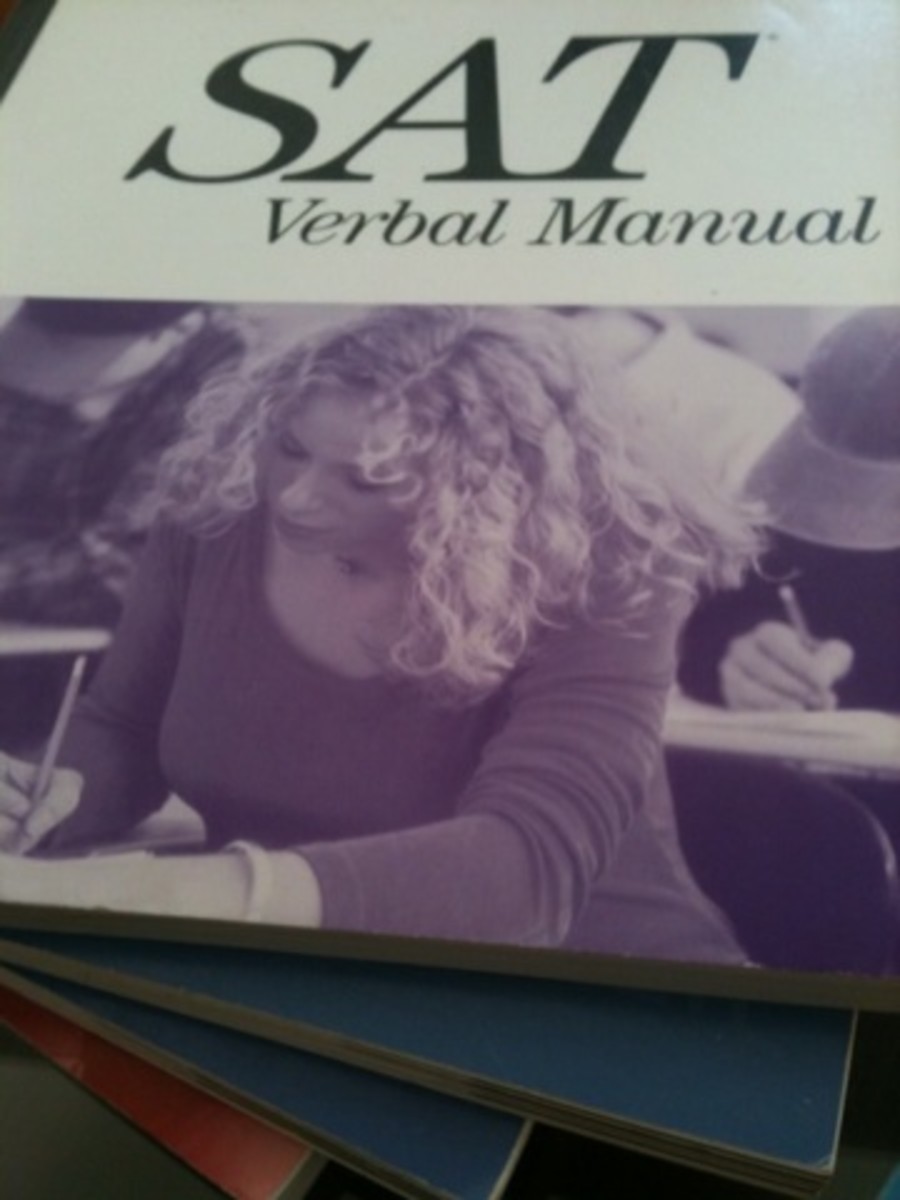Studying Journalism Course at Michigan State University (MSU)
Sue Robinson, an associate professor at UW-Madison faculty of Journalism and Mass Communication states in his article Journalism and Communication, that journalism is considered an engagement and conversion of a free society in a democratic art (Robinson, 37). The author continues to state that the most significant aspect of journalism is its capability of constructing the truth (Robinson, 42). Schudson Michael, a professor at Columbia University School of Journalism writes in his book “News and Sociology” that in normal cases, journalists work with resources that are provided with real people and events (Schudson 24). In his view, he stresses that, journalists create an impression which can be considered real by viewers, readers, and by which they respond in their lives (Schudson 25). Therefore, journalism is a discipline that requires dedication in mastering the art of writing and reporting, as well as being versed with contemporary issues in this career.
Students participating in the journalism discipline are expected to improve their writing skills, as they will write in a range of forms, for different purposes and a range of audiences in their future carriers. In developing their writing abilities, they will be required to draft, organize, and complete written essays consistently. This involves carefully examining their papers, taking into consideration the aspect of precision, use of language that is engaging to the audience, and the accurate use of mechanics and resolutions of the written language (Deuze 447). In line with this point and as enshrined in the MSU journalism course curriculum, Robinson asserts that students’ works need to be adapted to align with different linguistic requirements (Robinson 45). This is meant to make them eloquent in relaying information to the audience.
By adhering to correct writing techniques, the audience will develop the impression that the writer was careful in assembling the story. According to Robinson, it is also a reflection of the best knowledge with the available facts at the particular time of story (Robinson 48). In the case when technicalities in writing are consistently incorrect, the audience may not take the writer or story seriously, thereby jeopardizing the credibility of the information and media used.
Similarly, students participating in this discipline are expected to become systematic consumers of technology and the media as a way of improving their skills in communication n( Deuze 449). What is more, they will be exposed to the traditions of journalism, how to do research on particular topics, and the general principles of writing. In addition, according to Deuze, students are expected to master literacy skills in order to be effective in communication (450). This is also in line with the MSU journalism course curriculum.
Students of the MSU school of journalism should be equipped with an understanding that the discipline is rapidly changing and that it is an interdisciplinary field. According to Schudsonn, a journalism professor at Columbian School of Journalim, the media convergence and technological changes have since redefined the scope of journalism (37). Therefore, students are required to be conversant with different technologies, including, but not limited to, social networking platforms, blogs and other digital tools for submitting their contents. Journalists should be concerned on leveraging technologies while upholding the requisite standards and ethics, which differentiate them from non-professional reporters (Hetherington, 2006, 7). They are required to have a strong foundation in technology in order to be efficient in news reporting. For example, journalists are required to type their own pieces and using internet to send their news to media houses. Without this knowledge, their work would be quite difficult.
Students enrolled in this discipline are also expected to be knowledgeable by studying various aspects of journalism. These aspects may include, but not limited to, communication and history behind it, ethical values that guide the discipline, and relevant legal restrictions (Schudson 56). The students are also expected to learn several writing styles, as well as visual designs for different media platforms. Therefore, students are required to read news in different media platforms such as the electronic media and print media, among others. They will constantly evaluate the trustworthiness, efficiency, and precision of the information and news in these media platforms. Again, the news content analyzed should focus on specific aspects, themes, beliefs, societies, and events for various qualities (Deuze 456). This is intended to expose the learners to the actual context of journalism in a practical sense.
At MSU, students in this discipline are made to understand that their role entails investigating and reporting on trends and issues to the various mass audiences. These include broadcast, print, and other types of media. The specific media platforms include television, books, and correspondents, among others. They are also expected to write reports and new stories that focus on the present-day affairs, feature stories that are considered soft and timely, as well as topical news. All future journalists, whether delivering soft or hard news, have to gather information and prepare for the actual writing process. In this regard, Curtis Antony in his article about information gathering tools by journalists, published in the website of the North Carolina University, states that students have to undertake research and gather relevant information before starting to write (Curtis 2). In this regard, MSU duly prepares journalists to be well-equipped in the required areas.
According to Curtis, a journalism professor at North Carolina University, department of mass communication, explains that, there are three main tools that are commonly used by journalists in collecting information for stories These includes: observation, interviews, and background research (Curtis 1). As a form of gathering information, interviewing entails conducting interviews with knowledgeable people on different topic areas. These people may include witnesses, administrators, and specialists, among others (Curtis 1).
The interview can also be conducted through letters and emails. On the other hand, as an information-gathering tool, observation involves direct observation of events, appearing in speeches, and watching public talks. It may also involve undertaking various tests and experiments. In light of this, journalism students are required to be Internet savvy so that they can easily retrieve essential information from the various search engines and databases. This knowledge can be enhanced by understanding how to use electronic archives, intellectual periodicals, state documents, and other significant educational electronic platforms (Robinson 42). Besides, journalists should be skilled on how to carry out surveys by means of questionnaires and performing analysis based on the obtained information (Curtis 1). MSU ensures that aspiring journalists are well equipped with knowledge on how to collect information for media.
At Michigan State University (MSU), journalism students will be prepared for careers, ranging from media consultants, editors, local reporters, studio managers, print journalism, public relations personnel, and heads of publicity. At this college, the discipline focuses on the practical and theoretical aspects of collecting, processing, and dissemination of news. Courses in this discipline include newsgathering, reporting, and editing among others. Journalism students in MSU are made to understand that journalistic pieces demand a greater eloquence and devoid of both technical and linguistic errors. (MSU 1).
In order to pursue a degree at MSU, one must first graduate from high school with a minimum aggregate qualification. One will also be required to work in the world, such as taking internship as a reporter or in any media house for the particular area under study. At MSU, an aspiring journalist is required to choose from a wide range of specializations as well as completing an internship as earlier said (MSU 2).
For one to be awarded a degree in journalism at MSU, the student should have a minimum of 120 credits, including the general elective credits. The student must also meet the University's Tier II writing requirement by completing Journalism 300. With regard to University Tier I Writing, students in this college are required to elect at least one course from the following choices: WRA115, WRA 1, WRA125, WRA130, WRA195H, and LB133 (MSU 2). In addition, they are required to complete such mathematics courses as IAH201, IAH201, IAH210, and IAH209 (MSU 2). It is important for students in this discipline to plan their junior and senior year journalism programs by seeking advice and assistance from their faculty and academic advisors.
A journalism degree from MSU will prepare one in this career by putting him or her in the middle of local events, the exciting world, crimes, wars, changing political fronts and controversial stories. You will be able to learn how to report news accurately and in an unbiased manner, concisely and in a variety of media platforms. It should also be considered that many of the careers in journalism are interchangeable. In other words, the education and experience in a particular field may enable one to work in another field as well.








